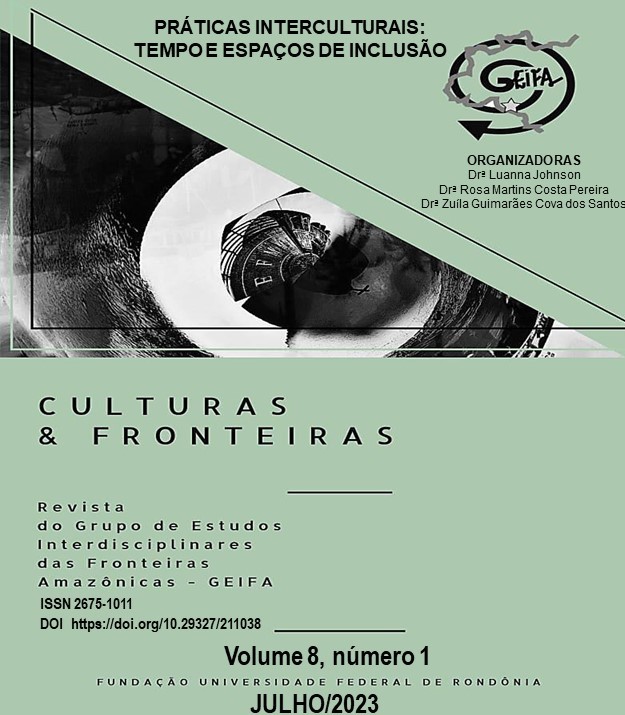TECNOLOGIAS ASSISTIVAS NA EDUCAÇÃO REMOTA COM ÊNFASE NA DEFICIÊNCIA VISUAL
Abstract
It is known that sight is one of the main senses of the human being and very necessary for their development. However, not all the people have this important means of
knowing the world, or have it with less power. The pandemic has explicitly evidenced the teachers' lack of knowledge about technologies and their importance for teaching, especially for blind or low-sight students. In this context, this research was concerned with the specificities of the visually impaired person, whether blind or with low vision in the context of the learning built in remote education, when teachers, students and school managers sought alternative ways to teach and learn. This study consisted, therefore, in bibliographic research on assistive technologies for students with visual impairment and investigated the problem: Which digital tools can contribute to meeting the educational needs of students with visual impairment in the context of remote education? The research aimed to identify free assistive technologies best suited to meet the educational specificities of the visually impaired. The results indicate that the technologies Balabolka, PDF reader Adobe Reader, Google Meet, and also screen readers (NVDA and Talkback) are very effective, because they are assistive technologies (freely available), considered appropriate and effective to help visually impaired students and improve the knowledge of the teacher, or any other professional involved with the educational process of visually impaired people.


